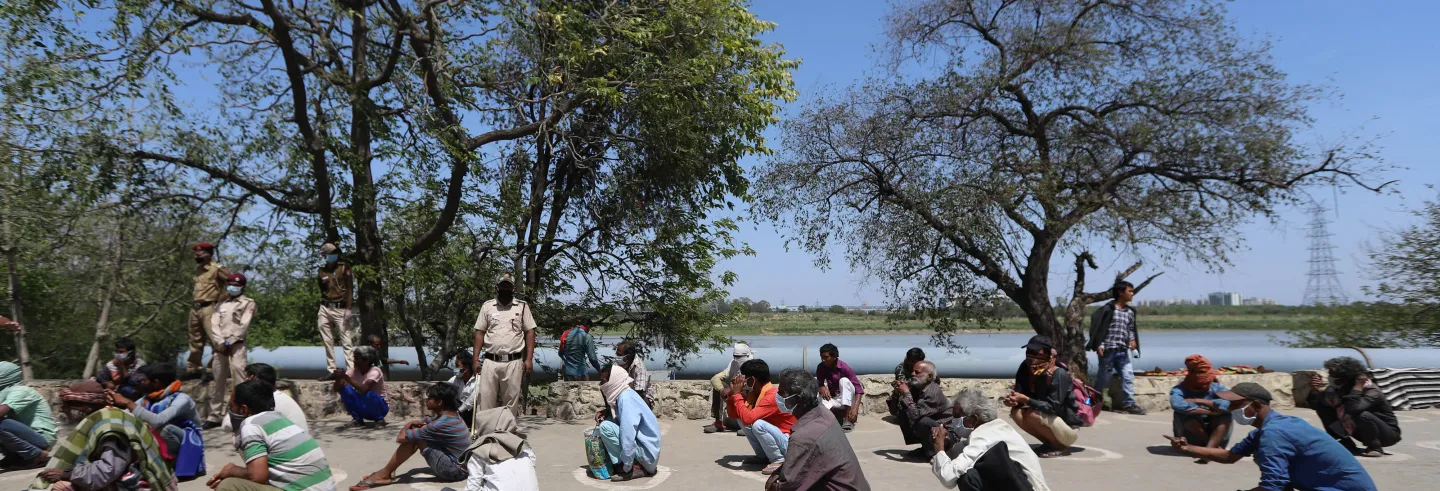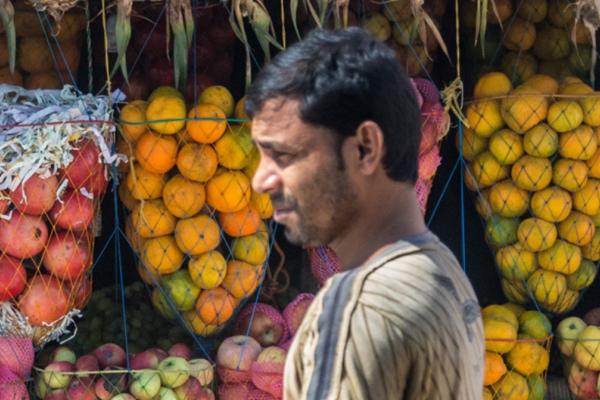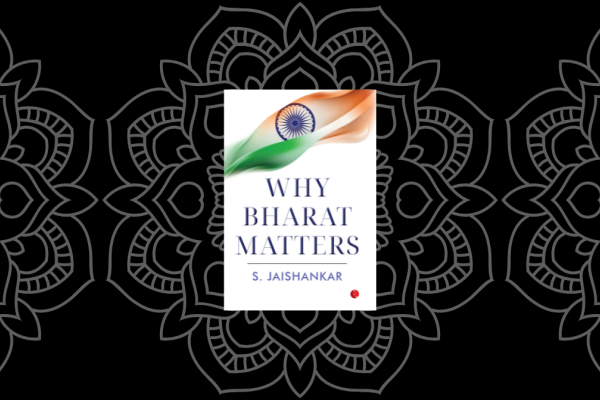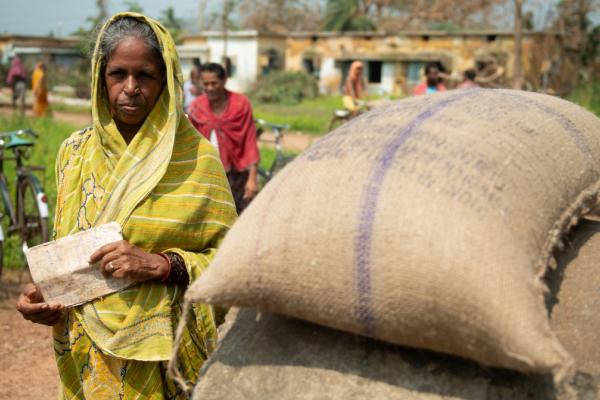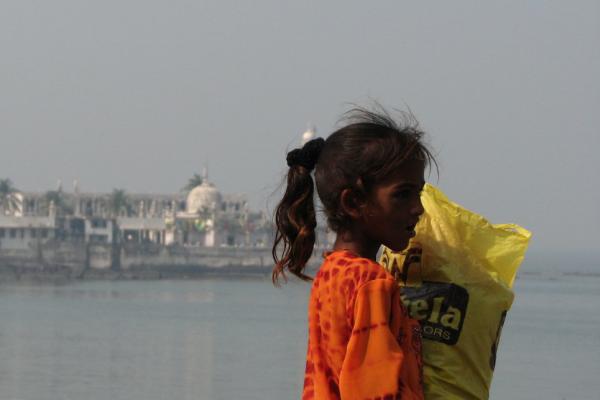From the midnight of 24 March 2020, India went into what has been rated as the most stringent lockdown of physical movement and economic activity in the world in response to the Covid-19 pandemic.
SWAN Report I and II: Conditions of Migrant Workers
Three weeks later, a survey of 11,159 migrant workers by the Stranded Workers Action Network (SWAN), reported on 20 April by The Hindu, opened a troubling window to the intense distress of migrant workers stranded by the lockdown.
The first SWAN survey revealed an urgent hunger crisis. Fifty per cent of the workers had rations left for less than one day; 72% of the people the team spoke to said that their rations would finish in two days. Because they had little or no cash in hand and were continuously beset by uncertainty about the next meal, many had been eating frugally. Ninety six per cent had not received rations from the government and 70% had not received any cooked food from any source.
Along with food, cash had almost run out for most of the workers: 78% of people had less than Rs 300 left with them. About 70% were left with less than Rs 200 (less than half a single day’s wage) for the rest of the lockdown period. Around 98% had not received any cash relief from the government.
During the second phase of the lockdown, half of the workers had rations left for less than one day; 46% reported being with no food or money.
Eighty nine per cent had not been paid by their employers at all during the lockdown; about 9% had been partially paid. Some who had been given rations by the employers were told that the money for the rations would be deducted. Some workers have also been threatened and told not to complain.
Into the second phase of the lockdown (15 April – 3 May), a second report from SWAN covered the period until 26 April and was titled “32 Days and Counting”. The report showed that precarity remained high. During the second phase of the lockdown, half of the workers had rations left for less than a day; 46% reported being with no food or money. More than 4 out of 5 persons had still not received rations in the second phase. Sixty four per cent had less than Rs 100 of cash with them, while 74% had less than half their daily wages with them to see them through for the rest of the lockdown. Only 6% had been fully paid and 16% partially paid.
Seventy eight per cent had not been paid by their employers at all during the second phase of the lockdown; 89% had not been paid at all in the first phase. Ninety nine per cent of the self-employed have had no income during the lockdown period.
Among the migrants surveyed, 41% said they would stay in the city because they were anxious about unpaid rent, loans and had no cash to travel or survive even at home. One-third planned to continue in the same line of work or with the same employer, another one-third were unsure about what to do. Roughly 16% planned to leave and then return after some time, and about 13% plan to find work back in their hometown and about 5% want to earn some money and leave.
Distressed by the indignity meted out to the migrant workers, a particularly anguished migrant labourer from Jharkhand working in Mumbai said (SWAN, “21 Days and Counting”, page 9): “Modi ki nazron mein hum keedein hi hain na, waisi maut marenge" (“We are after all insects in the eyes of Modi so we will have to die that kind of death”).
Petition for Relief
A week into the lockdown, lawyers Prashant Bhushan and Cheryl D Souza filed a public interest petition in the Supreme Court, seeking the upholding of the right to life with dignity under Article 21 of the Constitution for the migrants who were badly hit by the sudden and severe lockdown. The petitioners were Anjali Bhardwaj and this writer. 1 “Covid-19: Supreme Court to Hear Plea for Payment of Wages by Government to Migrant Workers", LiveLaw, https://www.livelaw.in/top-stories/covid-19-sc-to-hear-plea-for-payment-of-wages-by-government-to-migrant-workers-read-petition-154634. And the petition Harsh Mander and Anjali Bhardwaj vs. Union of India, at https://www.livelaw.in/pdf_upload/pdf_upload-372004.pdf
The petition pointed to the humanitarian crisis created by the lockdown. Its central demand was that the central and state governments must “jointly and severally” ensure payment of minimum wages to all migrant workers within a week, for the entire period of the lockdown. This should be agnostic to whether they were employed in an establishment, engaged by contractors, or self-employed. The petition also demanded that this must be done by self-attestation and self-identification, because the state has no comprehensive record of employed workers, let alone casual and self-employed workers.
The petition detailed first what it felt were grave inadequacies and gaps in the financial package of Rs. 1.70 lakh crore under the Pradhan Mantri Garib Kalyan Yojana. The union government maintained to the Supreme Court that this package would ensure that citizens were not deprived of the basic amenities of food, drinking water, medication etc.
[T]he only way to ensure a modicum of food security to migrants would be universalised access to foodgrains, pulses… and provide them to everyone … irrespective of whether they have a ration card or not.
We replied that Rs. 1.70 lakh crore constitutes just over 1% of the GDP of India. Further, many elements of the scheme merely front-load instalments of existing schemes, or provide for disbursement of cess funds already earmarked for welfare of particular sectors, or programmes. For instance, the scheme includes a daily wage increase of Rs. 20 under MGNREGA, which is a regular adjustment against inflation made every year and, therefore, in no way, can be reasonably considered an additional resource to deal with the lockdown distress. Similarly, the announcement that emergency support will be granted through the Building and Other Construction Workers’ Cess funds is not an additional resource. The funds (accumulated to Rs. 52,000 crore) are specifically earmarked for the welfare of construction workers and in fact the non-utilisation of these funds has even been raised in the Supreme Court.
The union government announced that PDS card holders would be given 5 kg of foodgrains and 1 kg of pulses free of cost every month for three months. We replied that a large section of migrant workers is excluded from the PDS because the system is a domicile-based entitlement that requires proof of permanent address. There is no scheme or law for inter-state portability of ration cards. We maintained that the only way to ensure a modicum of food security to migrants would be universalised access to foodgrains, pulses, cooking oil and soap, and provide them to everyone who seeks them, irrespective of whether they have a ration card or not.
We also pointed out that the ex-gratia of Rs. 500 to 20.4 crore women who have Jan Dhan accounts, is extremely inadequate, both in terms of the quantum and its inclusion only of those with functional accounts. Once again universal cash transfers equivalent to minimum wages would alone assist households to hold hunger at bay.
[I]t was apparent that Kerala alone accounts for 59% of the relief camps and shelters even though the state’s population constitutes only 2.6% of India's population.
The union government claimed that construction workers (most of whom, according to the government, are migrant workers) would receive financial assistance through the “Welfare Fund for Building and Other Construction Workers” and would cover 3.5 crore registered workers. However, the petitioners pointed out that the vast majority of construction workers are not actually registered under the Building and Other Constructions Workers (Regulation of Employment and Conditions of Service) Act, 1996 and therefore only a very small percentage of construction workers would benefit. A rapid survey conducted by Jansahas in March-April of 3,196 migrant construction workers from north and central India found that 94% of its respondents do not have cards registered under the 1996 Act.
The union government claimed overall that its financial package took care of the daily needs of every poor person, which include migrant workers and their families, so there was no imperative for migrant workers to rush to their villages. Their daily needs were being taken care of wherever they were working, and the needs of their families were being taken care of in the villages. It added that the central government had directed states to provide food, shelter and medical facilities to migrant workers who have been quarantined en route to their places of origin.
The petitioners contested this last claim as well, stating that the figures of the number of active relief camps and shelters for migrant workers submitted by the government themselves laid bare the complete inadequacy of the official provisions made for migrants. The government informed the Supreme Court in its first reply to the petition that there are a total of 26,476 active relief camps and shelters in which 10,37,027 persons are housed. From the government’s own data, it was apparent that Kerala alone accounts for 59% of the relief camps and shelters even though the state’s population constitutes only 2.6% of India's population. Of the number of persons housed in relief camps, Kerala and Maharashtra together account for 72% of the total. Large states like Uttar Pradesh, Bihar, Jharkhand, which saw huge numbers of people moving back because of the hardships caused by the lockdown, together accounted for only 12% of the active relief camps and shelters and persons housed.
Of around the 15 lakh persons who had been given food, two states - Haryana and Delhi - accounted for 51% of the total, showing the wide regional variation and the overall compete inadequacy of such facilities.
Limited Support for Migrant Workers
The union government, under the Disaster Management Act, 2005, directed all public and private employers to continue to pay workers their wages through the period of the lockdown. It also prescribed that landlords should not seek rent from workers during the lockdown. It observed adversely that “the movement of a large number of migrants have taken place in some part of the country so as to reach their home towns. This is in violation of the lockdown measures on maintaining social distance”. 2 Ministry of Home Affairs order of 29 March.
As petitioners, we argued that the two main protections for migrant workers during the lockdown as contained in the 29 March order in effect shifted the entire burden of protecting the earnings of migrant workers and preventing their eviction from rented homes, to the employers and landlords. The order instituted no mechanism to secure the implementation of this order, nor for redress when it was flouted.
[I]n all its responses to the petition, the union government at no stage gave any information about the numbers of migrant workers who had been paid wages by their employers…
Moreover, many migrant workers are employed in micro, small and medium enterprises(MSMEs). The petition argued that the small employers of modest means would not be in a position to pay workers their salaries because their businesses and establishments had been abruptly closed by the lockdown. The government also does not have any accurate or comprehensive record of workers employed in the informal sector, and therefore, would also not have the necessary information to enforce the order. The same would apply also to their landlords for rent waivers. As most migrant workers live in slum settlements, in jhuggis or at worksites such as construction sites and small restaurants, there would be no formal rent agreement to prove that they were staying there; and once more, the government would also have no record of this, making enforcement again untenable.
There was also no reason why employers and landlords - many of whom would incidentally be of limited means – had to bear the economic costs of a lockdown which they did not order or a pandemic which they did not create or spread.
The Government of India … did not provide any funds for wage support to the employers … nor did it provide any income support for self-employed workers.
Further, this order of 29 March, as the petition points out, makes no provision for the financial security of the large proportion of migrant workers who are self-employed and are therefore not paid any salaries, such as street vendors, rickshaw pullers, dhobis, petty service providers, ragpickers, and sex workers. It also ignores completely one of the most vulnerable segments of the labour market, namely casual daily wage workers. Studies show that only 17% of workers in the informal sector have identifiable employers 3 S. Irudaya Rajan (ed.), Social Security for the Elderly: Experiences from South Asia (New Delhi: Routledge, 2008), 92 . The earnings of the remaining 83% would not be protected even if every employer obeyed the 29th March order.
It is noteworthy that in all its responses to the petition, the union government at no stage gave any information about the numbers of migrant workers who had been paid wages by their employers, or the numbers who had not been evicted by their landlords, and any action that had been taken against those who violated its 29 March instructions.
The Government of India, while issuing this directive, also did not provide any funds for wage support to the employers, especially small employers, nor did it provide any income support for self-employed workers. Contrasting responses and measures by governments worldwide show the way forward. The Denmark government had announced it would cover 75% of the wage bills, Canada had introduced a wage subsidy scheme, England had provided for 80% of average earnings subsidised, and Australia had framed a ‘job keeper’ wage subsidy plan.
Judiciary’s Response
In the course of the hearing on the 7 April, the Chief Justice asked that since the workers were being provided meals, why would they need money.
The bench stated that in times of such crisis, it did not want to interfere with government decisions. On complaints raised by the lawyer Prashant Bhushan about inedible food in crowded shelters or the lack of access to food at the feeding centres opened by the government, the Court dismissed this stating that it would ask the government to put in place a helpline for complaints.
The abysmal conditions of shelters for migrants in Delhi was confirmed from an unlikely official source: the Delhi police.
In this and subsequent hearings, the Court did not pay heed to the additional affidavits by the petitioners about starving families; police brutality towards workers who attempted to leave their homes to access food in the feeding centres; employers’ associations writing to the Court about their inability to pay wages; and ABOUT landlords evicting their worker tenants because of their inability to pay rent.
The abysmal conditions of shelters for migrants in Delhi was confirmed from an unlikely official source: the Delhi police. The Indian Express quoted the key observations of 10 Delhi Police Station House Officers (SHOs) who were tasked to prepare a report on these shelters:
Fans not working and no power back-up; sanitisation of toilets rarely done; most of the migrants want to leave as their families cannot survive. Rude behaviour of civil defence staff; food quality not good; no hand wash and sanitizers; foul smell in toilets; water supply in toilets only between 7 am and 11 am; one soap for bathing and no detergent for washing clothes; mosquito bites.
Despite many pleas for urgent redressal, the Supreme Court adjourned the two next hearings on 7 and 13 April (all held by video-conferencing) without passing any order.
In the final hearing, a newly constituted bench (therefore not fully versed with the petitioners’ submissions in the previous hearings) very briefly heard the case. In this hearing, the petitioners additionally placed on the record of the Supreme Court the SWAN study. The Court, however, was still not persuaded by the grim picture of distress, destitution and hunger which, the lawyer stated, was mounting dangerously with every day of the hearings.
The bench said it could not rely on studies by private bodies when the government portrayed a completely different picture. They accepted instead the assurance from the Solicitor General that a “helpline number has been provided” and that ”whenever any complaint is received, the authorities are attempting to address the same immediately”.
With this, they chose to finally close the case, without giving any relief to the migrants during the lockdown. The final order simply read: “we call upon the respondent ‑ Union of India ‑ to look into such material and take such steps as it finds fit to resolve the issues raised in the petition”.
Whither A Life with Dignity?
In past decades, the Supreme Court of India on many occasions has ruled that the fundamental right to life guaranteed by Article 21 is the fundamental right of every citizen to a life more than “mere animal survival”, but to a life with dignity.
For millions of migrant workers stranded in cities without work and food in the lockdown, confined to overcrowded and underserved shelters, standing in long lines for every meal, walking hundreds of miles with the single aspiration in this uncertain time of suffering and crisis to be with their families, uncertain about how they will ensure food and medicine for their children and parents, the prospect of a life with dignity has become even more remote.
I am grateful for generous research support from Cheryl D Souza and Misbah Rashid. A shorter version of this article titled "For India's Migrant Workers, the prospect of a life with dignity has become more remote" has been published on Scroll.in


